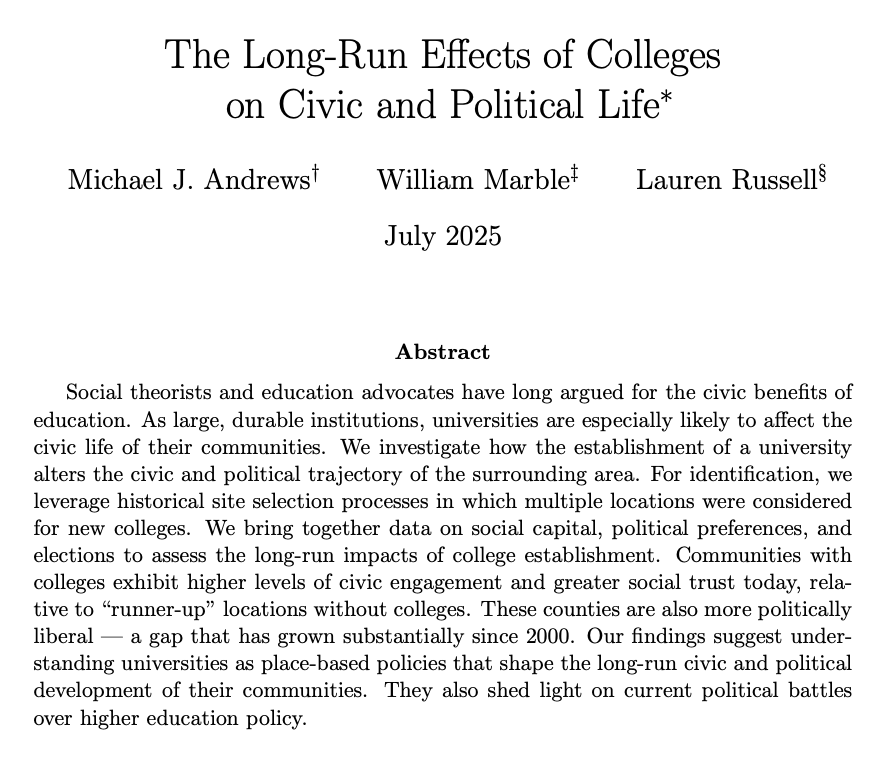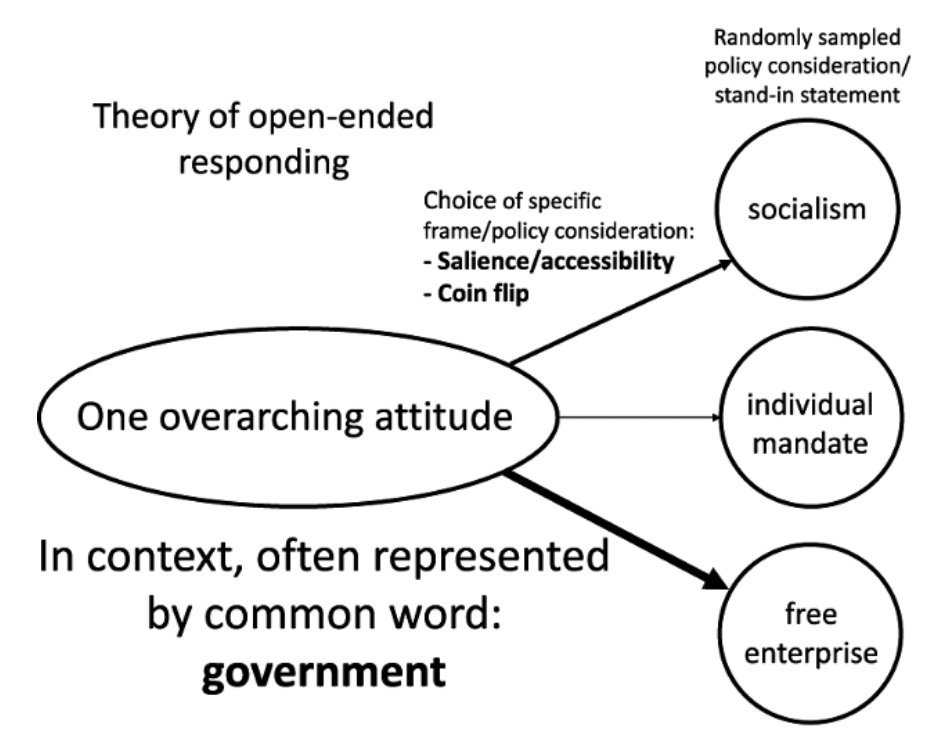
Yamil Ricardo Velez
@yamilrvelez
Assistant Professor of Political Science @Columbia
ID: 1247324989
http://tailoredexperiments.com 06-03-2013 21:52:21
2,2K Tweet
2,2K Followers
2,2K Following

🚨 Two new post-docs at GW University!! Both affiliated with Institute for Data, Democracy & Politics, one will be more computational, the other more experimental. Links: gwu.jobs/postings/119777 and gwu.jobs/postings/119779 Spread the word!


Hard to express what a relief it is to have just submitted the first complete draft of my book manuscript to University of California Press (is on Bluesky) 😮💨🥳 5+ years in the making. 249 pages. 82,000 words. 0 ChatGPT. 😉 A million thanks to all those who gave me guidance and inspired me along the way! 🙏


Currently in FirstView: In “Crowdsourced Adaptive Surveys,” Yamil Ricardo Velez introduces a methodology (CSAS) that converts open-ended text from participants into survey items and applies a multi-armed bandit algorithm to determine which questions should be prioritized in the survey.



From our new issue: "Confronting Core Issues: A Critical Assessment of Attitude Polarization Using Tailored Experiments " by YAMIL RICARDO VELEZ (Yamil Ricardo Velez) and PATRICK LIU (Patrick Liu) #APSRNewIssue cambridge.org/core/journals/…


Universities often serve as "anchor institutions" that deeply affect the character of their communities. In a new paper, we (Mike Andrews / Lauren Russell) ask how (and when) the establishment of a college influences local political and civic life. 🧵 osf.io/preprints/soca…


👇New experiments in which we aimed to map the levers and scope of political persuasion with conversational AI models. It was a tremendous privilege to lead on this work alongside the brilliant Kobi Hackenburg. The paper is packed with results and we'd love your comments!


Professor Yamil Ricardo Velez's article "Crowdsourced Adaptive Surveys" is available in Political Analysis FirstView: tinyurl.com/bddbmcpt Columbia University Political Science


An LLM chatbot with RAG on party platforms can increase people's knowledge on policy stances but with weaker downstream effects, finds Yamil Ricardo Velez Green & Semra Sevi, preprints.apsanet.org/engage/apsa/ar…


In polling world, “synthetic sampling” (using LLMs to replace human respondents) has been getting a lot of attention recently. Last wk, Ipsos announced a synthetic panel! But does it actually work? Here’s a white paper I wrote: “Your Polls on ChatGPT” report.verasight.io/synthetic-samp…


